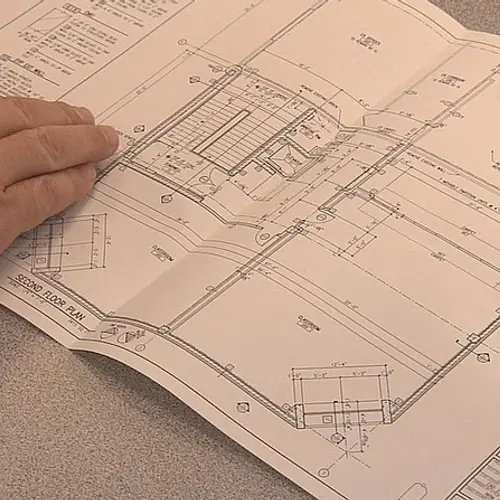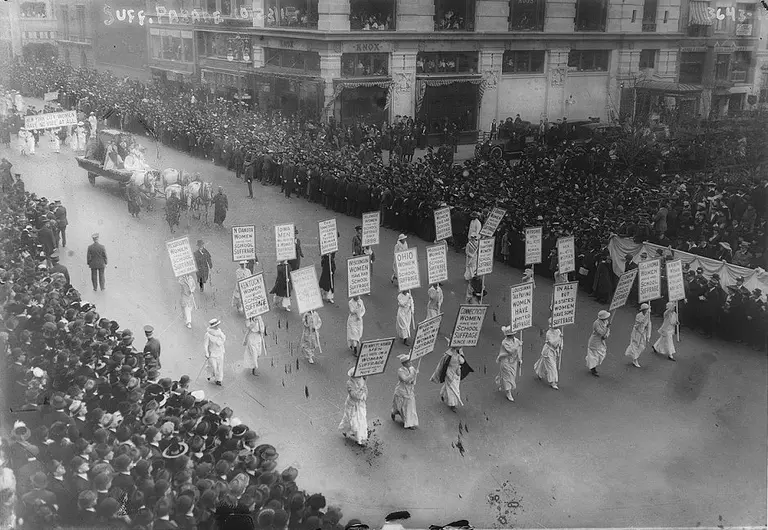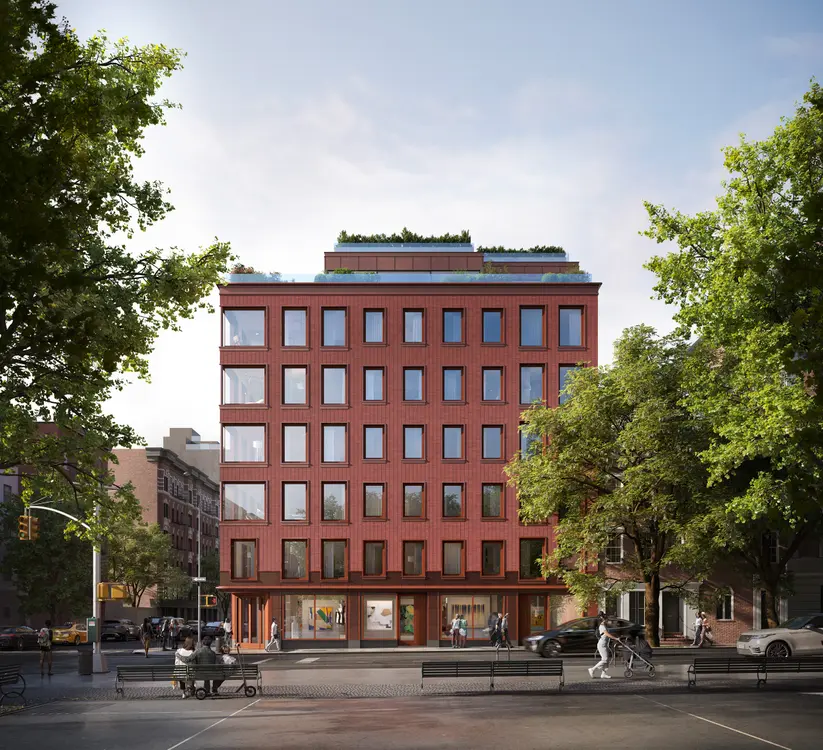90% of NYC Buildings Fail to Meet Energy Codes
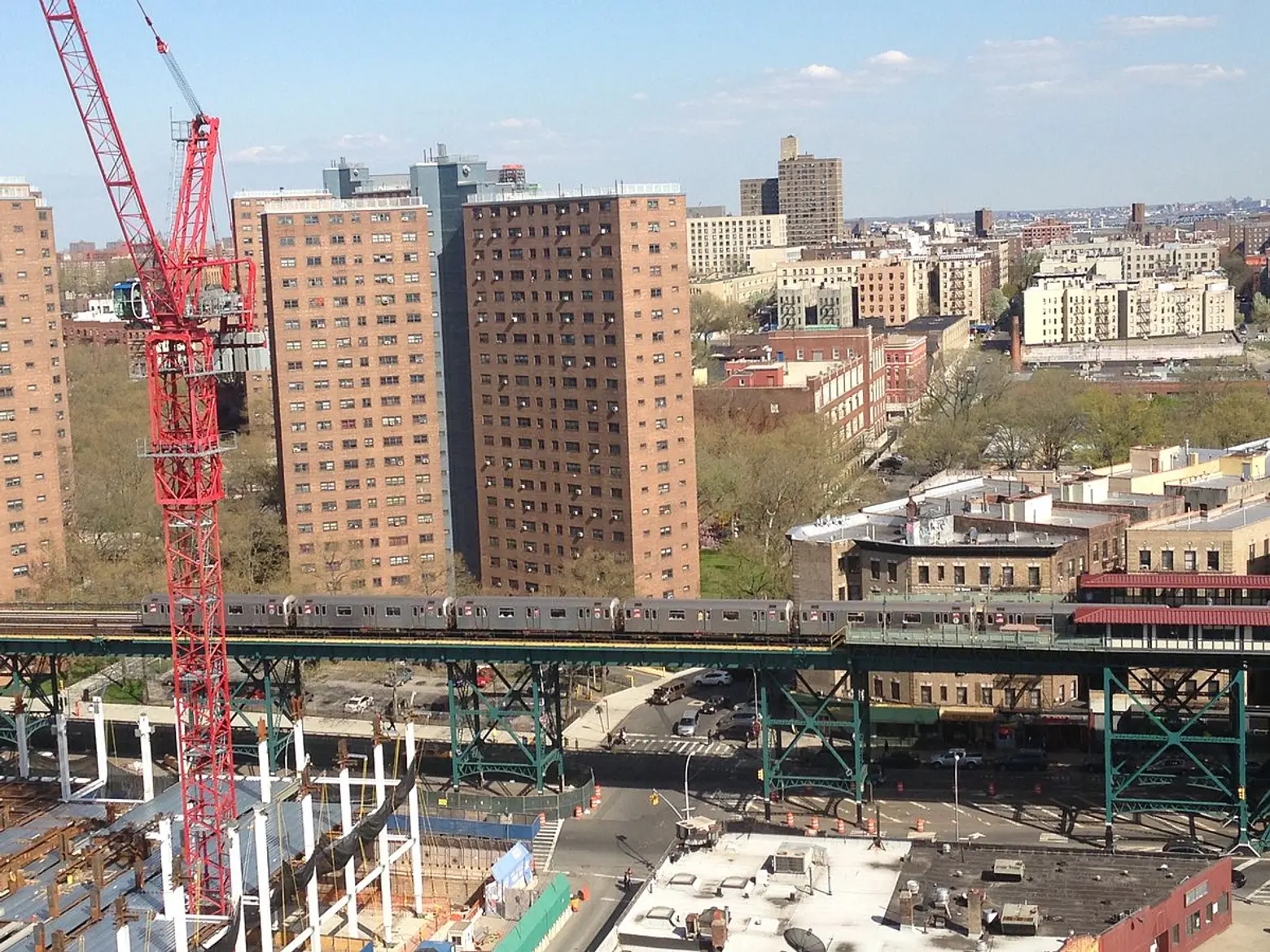
In early 2014, the Department of Buildings (DOB) set up a permanent audit unit and started reviewing the architectural plans for thousands of new and renovated buildings. What they’ve found is alarming; nine out of every ten office and/or residential buildings failed to meet the New York City Energy Conservation Code (NYCECC).
The energy standards were implemented over 30 years ago, but are just now being enforced. And while environmentalists welcome the stricter monitoring, some building owners and construction companies are nervous about the potential increased costs of compliance, both in terms of money and time.
Mayor Michael Bloomberg spearheaded the effort last year by randomly selecting 212 buildings to be reviewed by auditors who assessed whether or not lighting, heating and air-conditioning systems, and walls and windows aligned with the energy code standards. As part of his plan to reduce carbon emissions by 30% by 2030, he said that all new building and alteration applications filed on or after December 28, 2010 had to comply with the 2011 edition of the NYCECC.
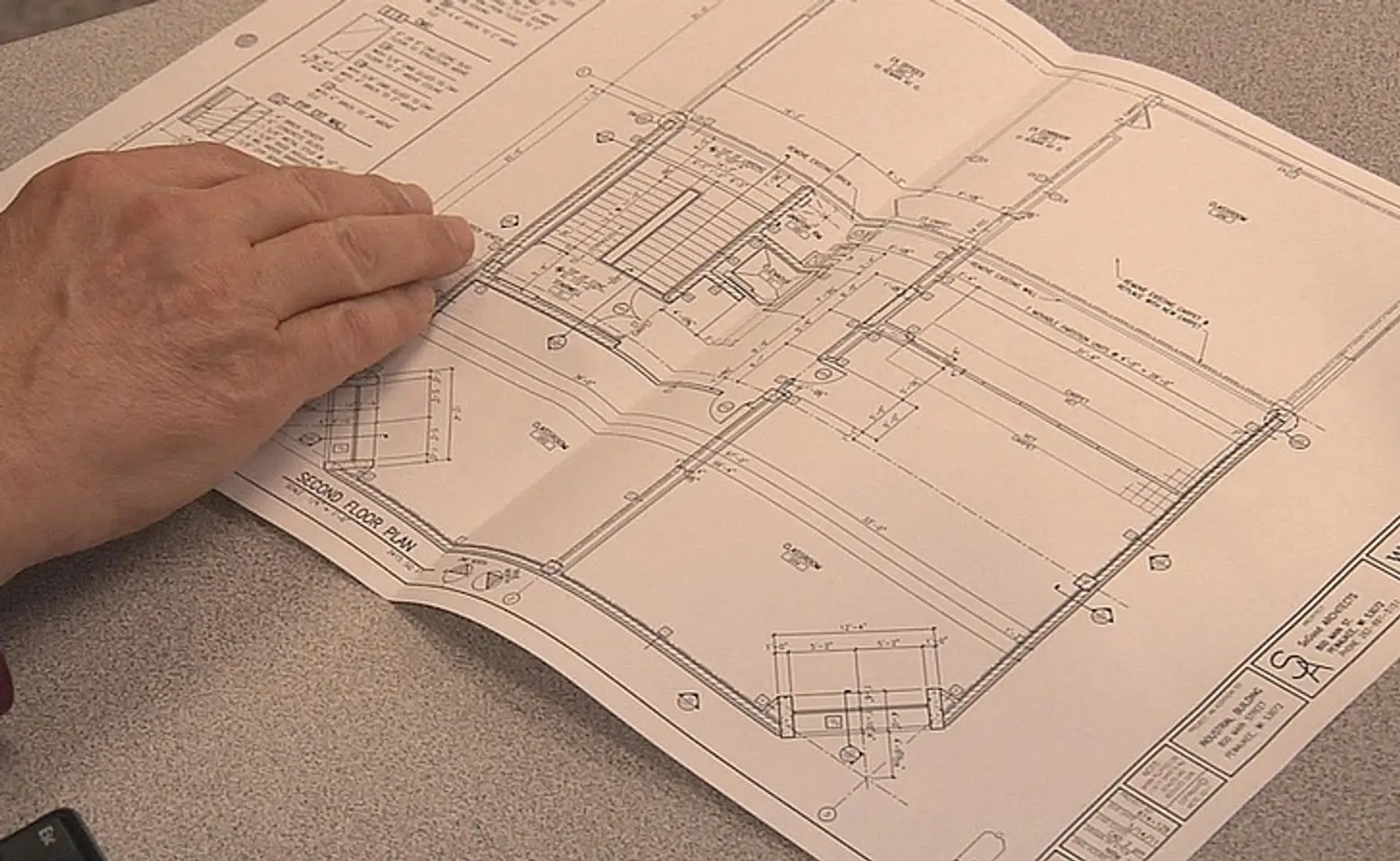
Now, Mayor de Blasio and Gina Bocra, chief sustainability officer at the DOB, have audited more than 1,200 applications and plan to quadruple that figure annually. The team has even conducted more than 160 random construction site visits this year, finding that 20% of the time the buildings were not being constructed according to the approved plans.
In 2009, the state received more than $123 million in federal funding to ensure that 90% of new building plans comply with the baseline federal energy code by 2017. The recent push from the city anticipates this approaching deadline, but the DOB is also refining the energy code, which naturally includes new fines. The team is also considering changes to the regulations such as requiring rooms to be more airtight or mandating that developers invest in high-price sensors that regulate building systems.
[Via Crain’s New York]
Lead image: wistechcolleges via photopin cc
